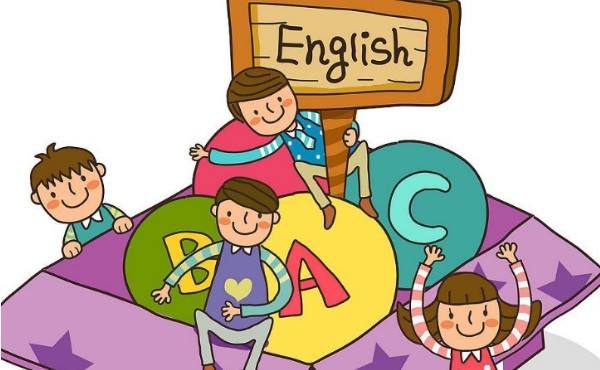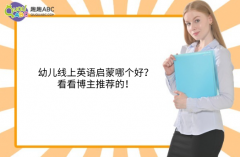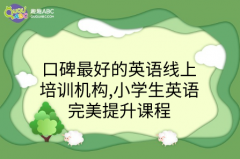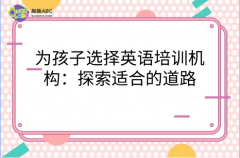小学英语已经涉及到了一些简单的语法知识,为了帮助同学们理解、记忆时态的有关知识,小编为大家整理了相关的英语知识。
一、一般现在时
主要描述经常会发生的动作、状态或不变的真理。句末常出现 every day/week/year/Monday , in the morning, 句中常有always, usually,often, sometimes
组成:主语+be+名词(形容词)
I am a student. He is tall.
否定句:在be 后加not
I am not a student. He is not tall.
疑问句:be 动词提前到第一位。
Are you a student? Is he tall?
Yes, I am. / No, I am not. Yes, he is. / No,he isn’t.
主语+动词+地点+时间
We go to school on Monday.
He goes to the park on Sunday.
否定句:主语+don’t/doesn’t+动词原形+地点+时间
We don’t go to school on Monday.
He doesn’t go to the park on Sunday.
疑问句:在句首加do或does
Do you go to school on Monday? Yes,we do./ No, we don’t.
Does he go to the park on Sunday? Yes, he does./ No, he doesn’t.
动词单三变化:
1. 在原单词末尾加s , 如:like – likes
2. 单词以o, sh, ch, s, x 结尾加es, 如:go – goes
3. 单词末尾为辅音+y结尾去y加ies 如:study- studies
二、 现在进行时
主要叙述正在发生的事情。句末常出现now, 句首常出现look, listen
组成:主语+be +动词ing形式
I am reading English.
They are swimming.
He is playing football.
否定句:在be后加not
I am not reading English.
They are not swimming.
He is not playing football.
疑问句:将be 放到第一位。
Are you reading English? Yes, I am./ No, I am not.
Are they swimming? Yes, they are. /No, they aren’t.
Is he playing football? Yes, he is. / No, he isn’t.
动词变ing形式:
1.在动词末尾加ing. 如:play- playing
2. 末尾有e 要去e加ing. 如:ride – riding
3. 末尾以辅音元音辅音结尾双写末尾一个辅音如:swim-swimming

三、 一般将来时
主要描述将来要发生的事情。句末常出现next Monday/week/ year, tomorrow
组成:主语+be going to +动词原形
I am going to visit Ann.
They are going to draw a dog.
She is going to ride a horse.
否定句:在be后加not
I am not going to visit Ann.
They are not going to draw a dog.
She is going to ride a horse.
疑问句:将be提前
Are you going to visit Ann? Yes,I am. / No, I am not.
Are they going to draw a dog? Yes,they are./ No, they aren’t.
Is she going to ride ahorse? Yes, she is. / No, she isn’t.
组成:主语+will+动词原形
I will go to the library.
They will clean the house.
She will eat breakfast at home.
否定句:在will 后加not 或将will not 写为won’t
I will not go to the library.
They will not clean the house.
She will mot eat breakfast at home.
疑问句:将will 提前
Will you go to the library? Yes, I will./No, I won’t.
Will they clean the house? Yes,they will. / No, they won’t.
Will she eat breakfast at home? Yes,she will. /No, she won’t.
四、一般过去时
主要描述过去发生的事情. 句末常出现last night/week/Monday/year, yesterday, ago
组成:主语+动词过去式
I was a pilot.
They were busy.
He went to the market.
否定句:在be后加not,在普通动词前加didn’t 动词恢复原形。
I was not a pilot.
They were not busy.
He didn’t go to the market.
疑问句:提前be 动词或在句前加did
Were you a pilot? Yes, I was./ No, I wasn’t.
Were they busy? Yes, they were./ No, they weren’t.
Did they go to the market? Yes, they did. / No, they didn’t.
动词变过去式:
1. 在原次末尾加ed 或d 如:play-played like-liked
2. 辅音加y 结尾去y加ied 如:study-studied
3. 辅音元音辅音结尾双写后一个字母加ed 如:stop-stopped
4. 特殊变化:can-could do-did eat-ate go-went hit-hit pit-put sit-sat come-came get-got have-had see-saw begin-began give-gave win-won read-read am/is-was are-were run-ran hear-heard hide-hid lay-laid cut=cut wake-woke fall-fell

 400-009-0512
400-009-0512






 微信服务号
微信服务号 微信服务号
微信服务号